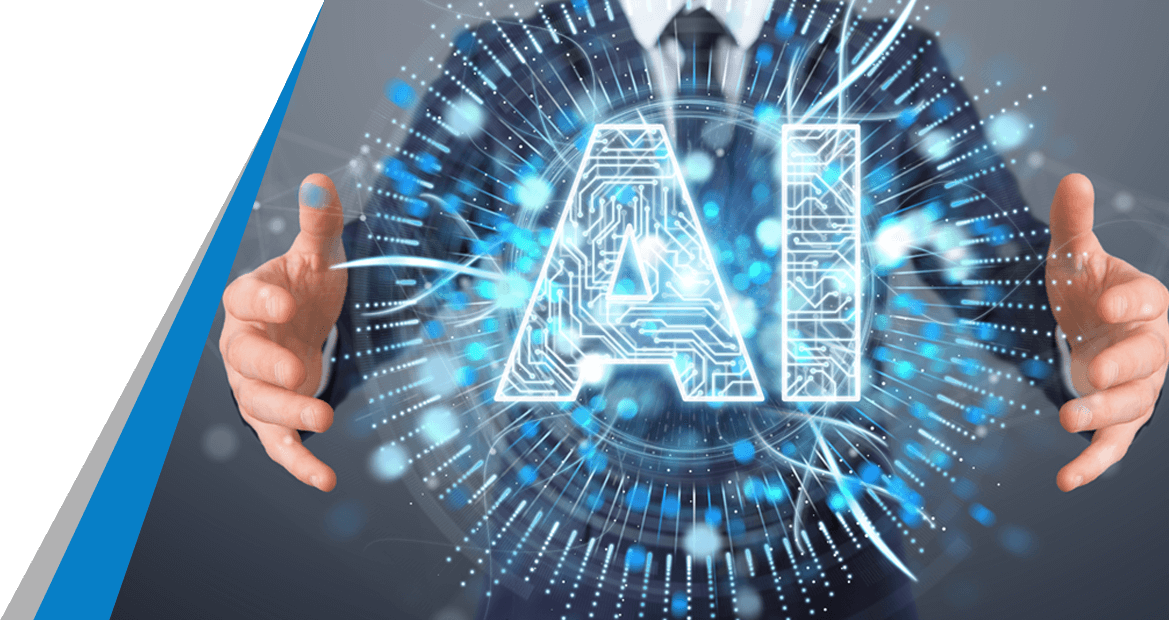The Benefits of Artificial Intelligence in The Healthcare Sector
When it comes to the disruption that artificial intelligence has brought across sectors, healthcare is no different. Artificial intelligence in healthcare takes advantage of machine learning to recognize patterns, utilize algorithms on patients’ data. Doing so leads to the generation of insights that give vital information that can help healthcare providers better help patients.
The significant cog in the wheel for healthcare artificial intelligence utilization is patient data. Without data, there are no patterns to be seen or conclusions to be made.
Let’s look at some of the ways artificial intelligence helps the patients by providing more understanding of patient data collected over time.
Facilitating The Use of Electronic Health Record(EHR)
The truth is that EHRs have been significant in the digitalization of the healthcare sector. However, this evolution comes with challenges such as excessive processing power and enormous amounts of documentation.
Artificial intelligence is beneficial in the automation of routine processes and handling massive amounts of data.
A leading company in this regard is Epic Systems. Epic artificial intelligence provides natural language processing features that help in the documentation of clinical processes.
Making Medical Machines and Devices Intelligent
Daily, consumers are increasingly interacting with smart devices. From smartphones to smart homes, these devices are being integrated into the lives of consumers. Hence, it should be of no surprise that it is also being used in the healthcare sector. Smart devices are significant in keeping track of patients in and out of hospitals. With the inclusion of the heart rate and blood sugar level monitors on devices that can be worn around the wrist, these devices quickly help patients and medical practitioners track their health statuses. These devices also serve as timely alerts when anything goes wrong and can even prevent them from going wrong through prediction.
These features ensure that patients receive the right care on time and reduce the workload of medical practitioners.
Using Electronic Health Records to Predict Risks
The patient data from Electronic Health Records is not just essential but very valuable to health care providers. However, sorting this information, analyzing it, and getting key insights to help patients on time is challenging.
Various factors, including handling multiple forms of data, including structured and unstructured, missing records, and conflicting information, make it increasingly hard for providers to make data-driven decisions. These decisions include making predictive analysis, risk mitigation, and finding the right areas to provide support.
A significant challenge here is predicting what you think you are indicating. In most cases, it may seem like you are anticipating the right factors; however, after a more in-depth look, it may have just been a correlating factor relating to the main thing to be predicted. Artificial intelligence is significant in ensuring that the algorithms used for predictions avoid confirming biases unknown to the providers. Avoiding these hidden biases provides that the decisions and products obtained from analyzing the data solve the problems or takes a step in getting the solutions.
Conclusion
The use of artificial intelligence in the health care sector is rising as the demand for technology that is easy to use by patients and health care providers while providing results is increasing.
As more ways to integrate artificial intelligence into the health care sector are being discovered, with beneficial results, more health care providers are adopting artificial intelligence to help patients.
